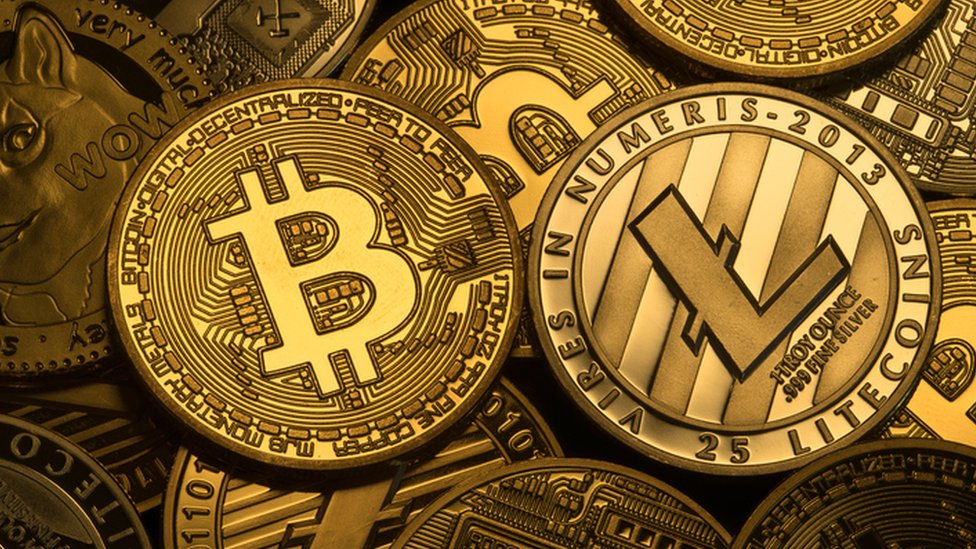Visions of a future in which individuals regain control over their money, liberated from the influence of traditional banks and governments, have been inspired by cryptocurrency. Cryptocurrency is frequently praised as a means of achieving economic freedom, as it is characterized by its potential for decentralization, transparency, and financial inclusion.
However, a contrasting possibility exists in conjunction with this optimistic narrative: that the digital technologies that facilitate cryptocurrencies could also introduce unprecedented levels of centralization, control, and surveillance.
It appears that the future of crypto is precariously balanced between economic freedom and digital control.
Promising Economic Freedom
At its essence, cryptocurrency was intended to empower individuals:
* **Decentralization:** The elimination of intermediaries enables users to conduct peer-to-peer transactions without the need for banks or governments. * **Financial inclusion:** Digital wallets could be accessible to billions of unbanked individuals worldwide, enabling them to access the global economy.
* **Autonomy and privacy:** Cryptocurrencies can offer users greater control over their personal financial data and transactions. * **Censorship resistance:** Users can send and receive funds without concern for government restrictions or barriers.
* **Innovation:** Decentralized finance (DeFi) platforms, which are new financial services, provide access to loans, investments, and insurance without the presence of traditional intermediaries.
A fundamental shift toward individual economic empowerment is represented by these features for many.
The Dangers of Digital Control
Nevertheless, the same technology that underpins cryptocurrencies can be utilized to exert control:
* **Centralized digital currencies:** Governments that are developing Central Bank Digital Currencies (CBDCs) may monitor every transaction, thereby limiting privacy. * **Surveillance capitalism:** Data-rich financial networks may facilitate unprecedented tracking of individuals’ behavior and spending. * **Algorithmic governance:** Automated smart contracts may enforce rules rigidly, sometimes without human judgment or appeal. * **Regulatory overreach:** Efforts to prevent illicit activity may result in invasive compliance requirements and restricted access.
* **Concentration of power:** Crypto networks and platforms may be dominated by a small number of entities that control infrastructure or tokens, despite the decentralization concept.
This potential for digital control raises concerns regarding freedom in a world that is becoming more interconnected.
Traversing the Dual Path
The trajectory of cryptocurrency is contingent upon the decisions made by developers, regulators, consumers, and societies:
* **Developing privacy-respecting technologies:** Tools such as decentralized identity and zero-knowledge proofs can safeguard user data. * **Inclusive governance:** Guaranteeing community participation and transparency in crypto network decision-making. * **Balanced regulation:** Formulating regulations that discourage abuse without stifling innovation or privacy. * **Education and awareness:** Empowering users to comprehend risks and exercise their rights. * **Ethical design:** Prioritizing human values and rights in technology development.
There is no predetermined or straightforward road ahead.
Concluding thoughts
The future of cryptocurrency is at a juncture: it has the potential to usher in a new era of economic freedom, granting individuals control over their finances and data, or it can be used as a tool for pervasive digital surveillance.
It is imperative to comprehend this duality. The technology is inherently neutral; its influence is contingent upon the manner in which society elects to implement, regulate, and employ it.
The challenge will be to capitalize on the transformative potential of crypto while simultaneously protecting the freedoms it guarantees as it continues to develop. We can only expect to create a future in which technology serves liberty rather than control by directly confronting this dual path.

Leave a Reply